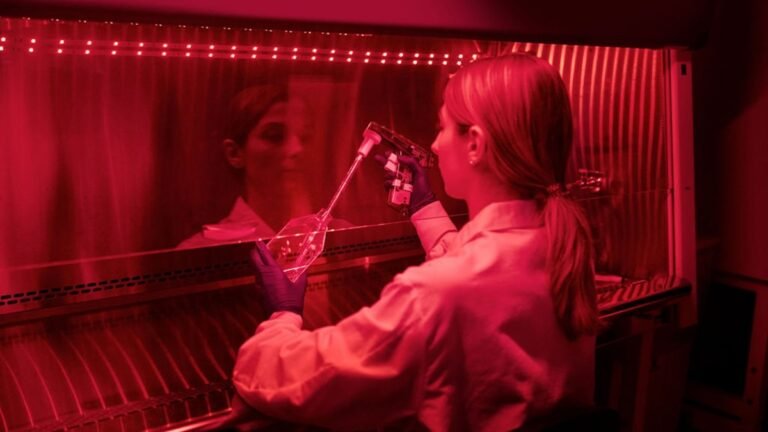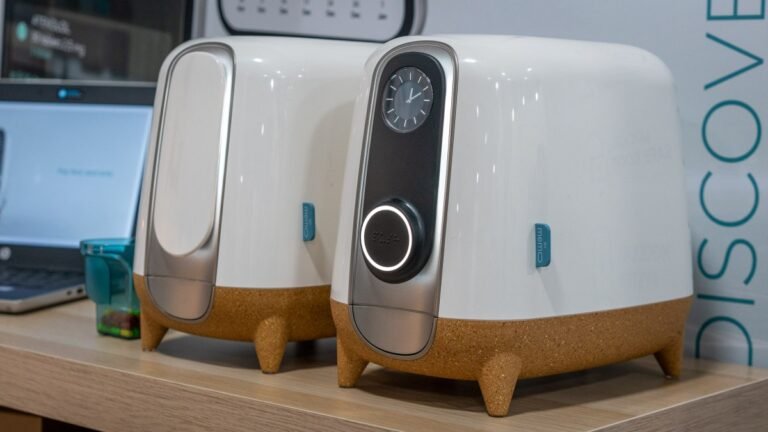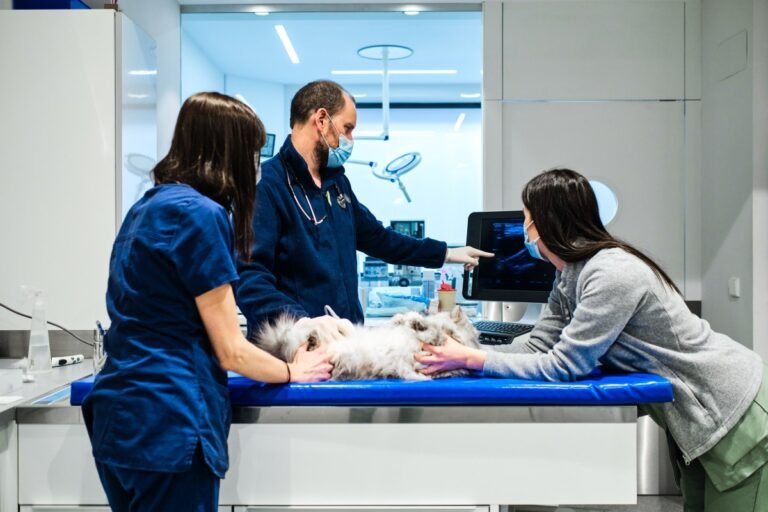
Two years ago, Prolific Machines unveiled its technology for a unique manufacturing approach to grow cells for industries, including cultivated meat.
In addition, cell growth is hard to optimize because it’s not in a format that machines can understand.
“For the last few decades, the way that we’ve been controlling cells is with molecules,” Kent said.
We add these molecules into the bioreactors and hope for the best.”Prolific Machines’ protein manufacturing bioreactor (Image credit: Prolific Machines) Image Credits: Prolific Machines /Prolific Machines believes it has a way of transitioning away from these molecules to something better: light.
It includes convertible notes and brings Prolific Machines’ total funding to date to $86.5 million.

Once the baby is born, the nutrition guessing game continues on what foods are ideal for postpartum and nursing.
The product roadmap is evolving, too, extending from the postpartum program to eventually serve the full women’s health journey.
The 40-days postpartum program, which includes three meals per day, starts at $69 per day.
“For example, we started with the first 40-days postpartum program.
Other participants in the round include Ingeborg, Union Heritage Ventures, Peterson Ventures, Detroit Venture Partners, Palette Ventures, and The Helm.

Every few years, a new startup takes a stab at automatic pill dispensers to help with drug adherence and to prevent people from accidentally dosing more than they should.
Makes sense: For many of us, as we get older, more and more medicines join the lineup that keeps us ticking along.
Unfortunately, memories get fuzzy, and forgetting to take — or doubling up — medicines can have disastrous consequences.
The company takes a fresh look at the market, with a good-looking device to keep its users’ medicine intake on track.
My Memo is a closed box that makes the medicines inside inaccessible — helpful to prevent casual theft and child safety, for example.

ImpriMed, a California-based precision medicine startup, builds AI-powered dog cancer treatment technology that helps veterinarians identify the most suitable drugs for individual canine and feline blood cancers.
The startup, which centers on improving treatment outcomes of dogs and cats with cancer first, now aims to expand its precision medicine technology for human oncology applications.
“Also, the proven know-how acquired from developing AI algorithms in veterinary oncology streamlines the building of new predictive models in human oncology.
For human precision oncology, its AI software for multiple myeloma, a rare blood cancer, is in the process of approval, aiming to commercialize in 2025, Lim told TechCrunch.
ImpriMed’s unique strength is “the ability to develop and incorporate AI models into the personalized medicine service workflow,” according to Lim.







